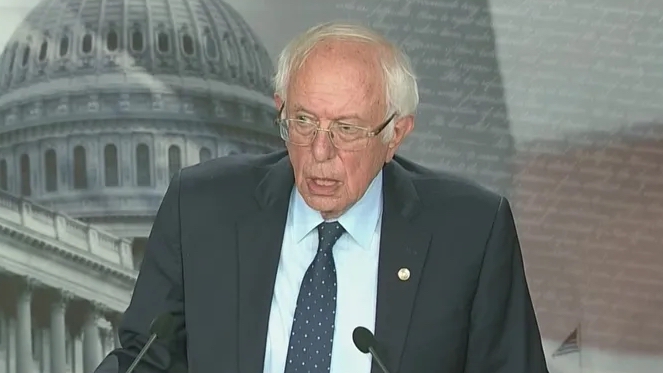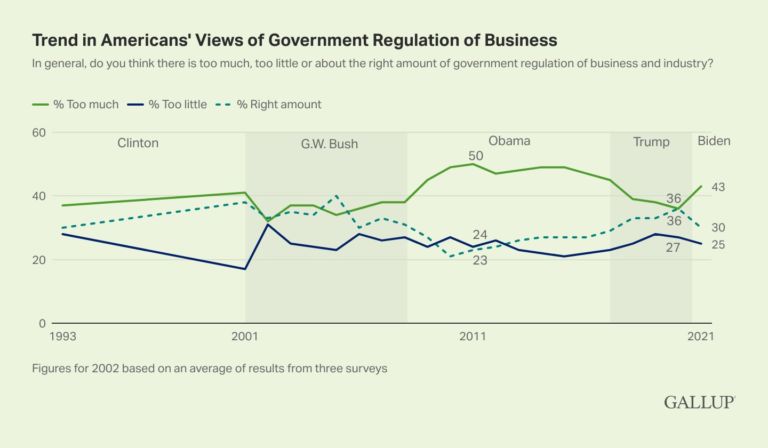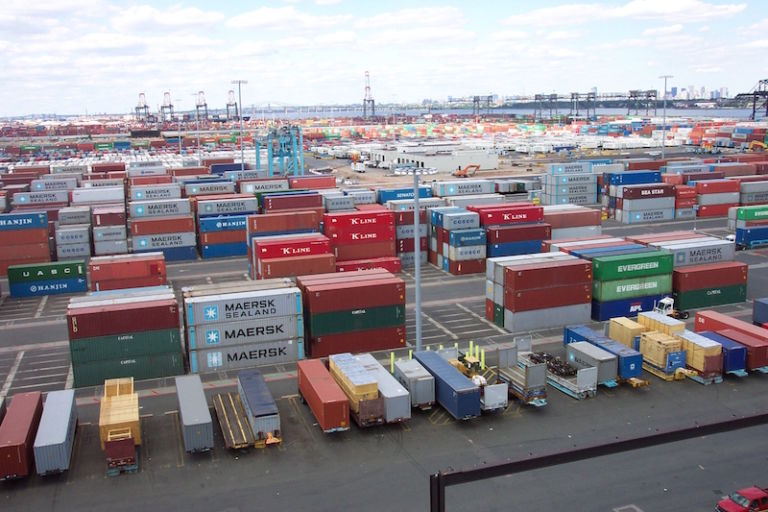Competition breeds more choices and lower prices. And now the sharing economy — Uber and Lyft — has some airports struggling to react to consumers who are opting for something other than a traditional taxi. From Pew/Stateline:
“Airport managers are just now coming to understand how this trend will impact them, and they are concerned,” said Carter Morris, an executive vice president for the American Association of Airport Executives, which represents airport managers. “It’s disruptive technology, and airports need to adapt and do it quickly.”
Ride-hailing has skyrocketed since 2014, when a handful of U.S. airports first permitted it. Today, Lyft has agreements with nearly 240 airports and Uber has agreements with more than a hundred, including large ones, such as Chicago’s O’Hare International and Atlanta’s Hartsfield-Jackson International, and small ones, such as Punta Gorda, in Florida, and Laramie Regional, in Wyoming.
Many airports are charging TNCs a fee to pick up passengers, to compensate for potential revenue loss and ensure that the companies don’t gain an unfair advantage. Some also charge for drop-offs, and some charge an annual permit fee or a one-time operating fee.
Trip fees, which get tacked on to the rider’s bill, vary from airport to airport: from $5 in Chicago and $4 in Los Angeles to $2 at Dallas-Fort Worth.
Read the entire story here.


